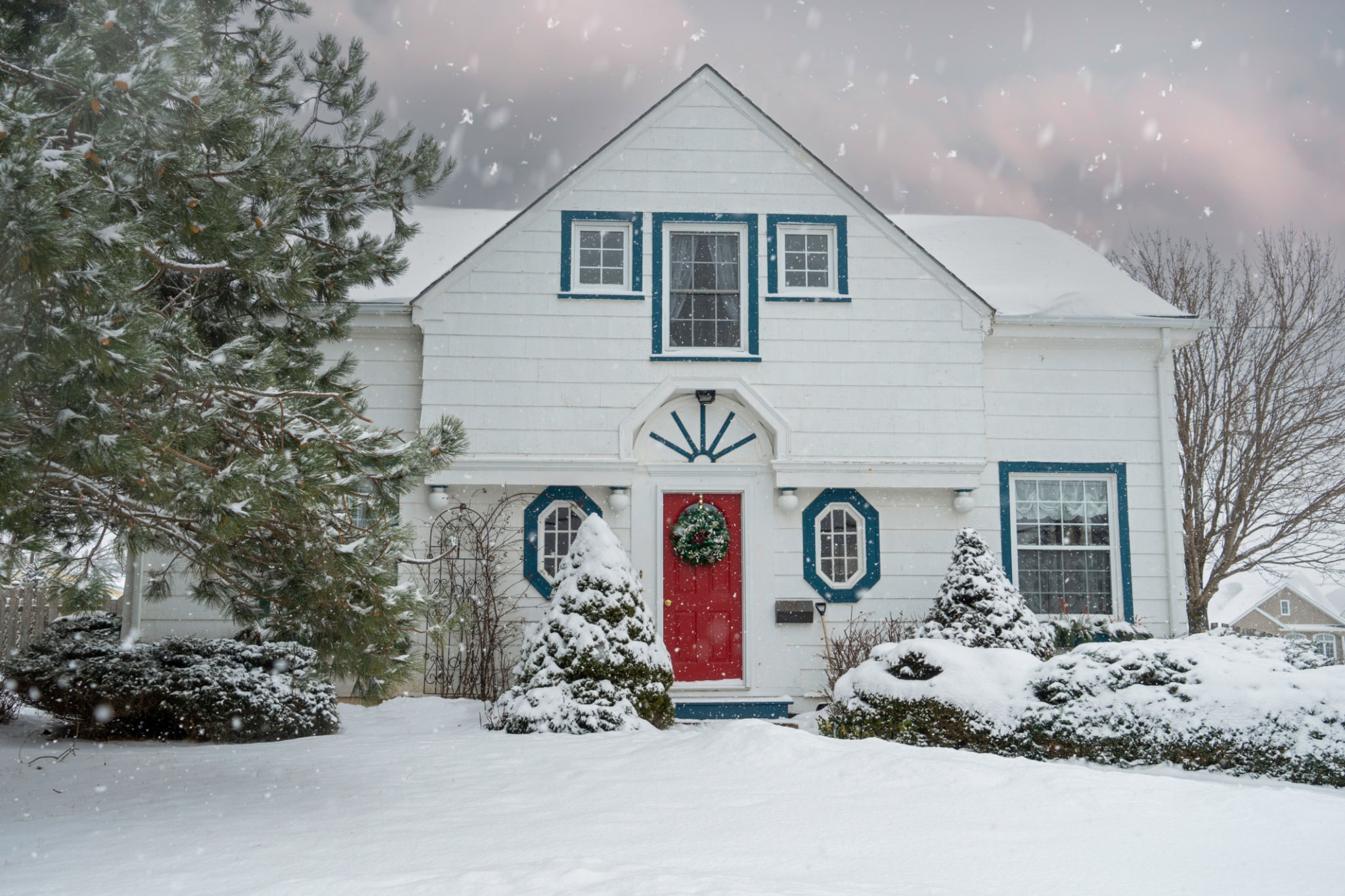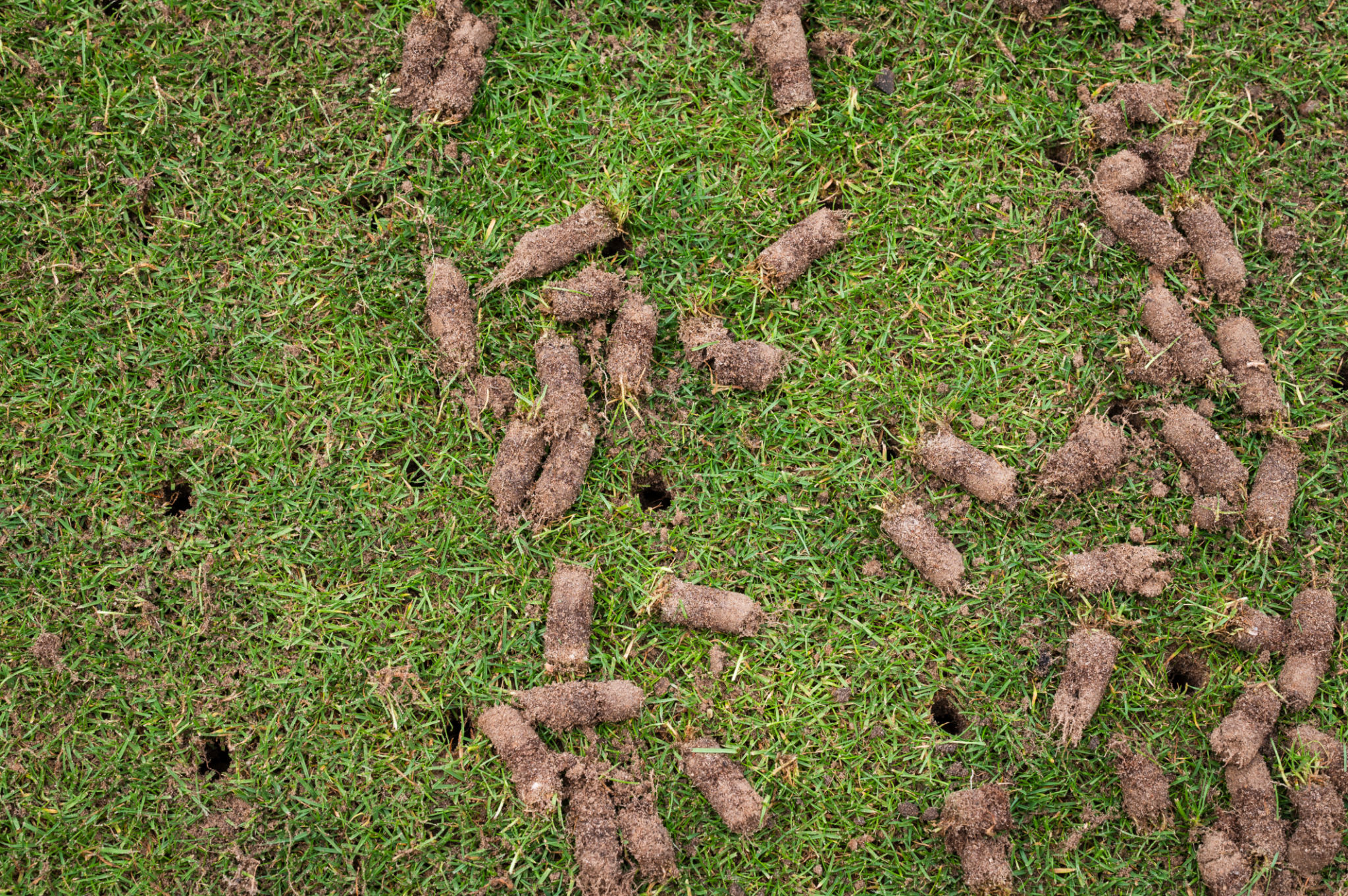Seasonal Landscaping Tips for Denver Residents: Preparing for Winter
ME
Understanding Denver's Winter Climate
Denver experiences unique winter conditions that can significantly impact your landscaping efforts. The city's high altitude and arid climate lead to colder temperatures and less moisture, which can stress plants and soil. Understanding these conditions is crucial for preparing your garden or yard for the upcoming winter months.
Before diving into specific tasks, it's essential to assess the current state of your landscape. Take note of any plants that struggled during the past seasons and consider whether they are suitable for Denver's winter climate. This assessment will help you prioritize your efforts as you prepare your landscape for the cold.

Preparing Your Soil
Amending the Soil
One of the first steps in preparing for winter is to focus on soil health. Adding organic matter like compost or well-rotted manure can improve soil structure, enhance nutrient availability, and increase water retention. This is especially important in Denver's dry climate, where soil can easily become compacted and nutrient-depleted.
Mulching for Protection
Applying a layer of mulch around trees, shrubs, and flower beds is a simple yet effective way to protect plant roots from extreme temperature fluctuations. Mulch acts as an insulating blanket, keeping soil temperatures more stable and reducing water loss.

Caring for Trees and Shrubs
Pruning Practices
Pruning is an essential task before winter sets in, as it helps remove dead or diseased branches that could become more vulnerable during harsh weather. Focus on trimming any branches that could potentially break under the weight of snow or ice, which could damage the plant or pose a safety hazard.
Watering Considerations
Even though winter brings colder temperatures, it's crucial to continue watering your trees and shrubs until the ground freezes. Denver's dry climate means that plants might not receive enough moisture from precipitation alone, making supplemental watering a vital task.

Preparing Your Lawn
Fertilizing the Lawn
Applying a slow-release fertilizer in late fall can provide your lawn with essential nutrients that will be available when the grass begins to grow again in spring. Choose a fertilizer blend that is appropriate for cool-season grasses, which are common in Denver.
Final Mowing and Aeration
Before the first snowfall, give your lawn a final mow, setting your mower blades to a shorter height than usual. This helps prevent diseases that can thrive in long grass during winter. Additionally, consider aerating your lawn to relieve soil compaction and improve root development.

Storing Tools and Equipment
Properly storing your gardening tools and equipment is essential to ensure they remain in good condition for the next growing season. Clean, sharpen, and oil your tools before storing them in a dry place. Drain and store hoses properly to prevent them from freezing and cracking during winter.
By taking these steps to prepare your landscape for winter, Denver residents can ensure that their gardens and yards remain healthy and beautiful year-round. With careful planning and attention to detail, you can create a resilient landscape that thrives even in the face of challenging winter weather.